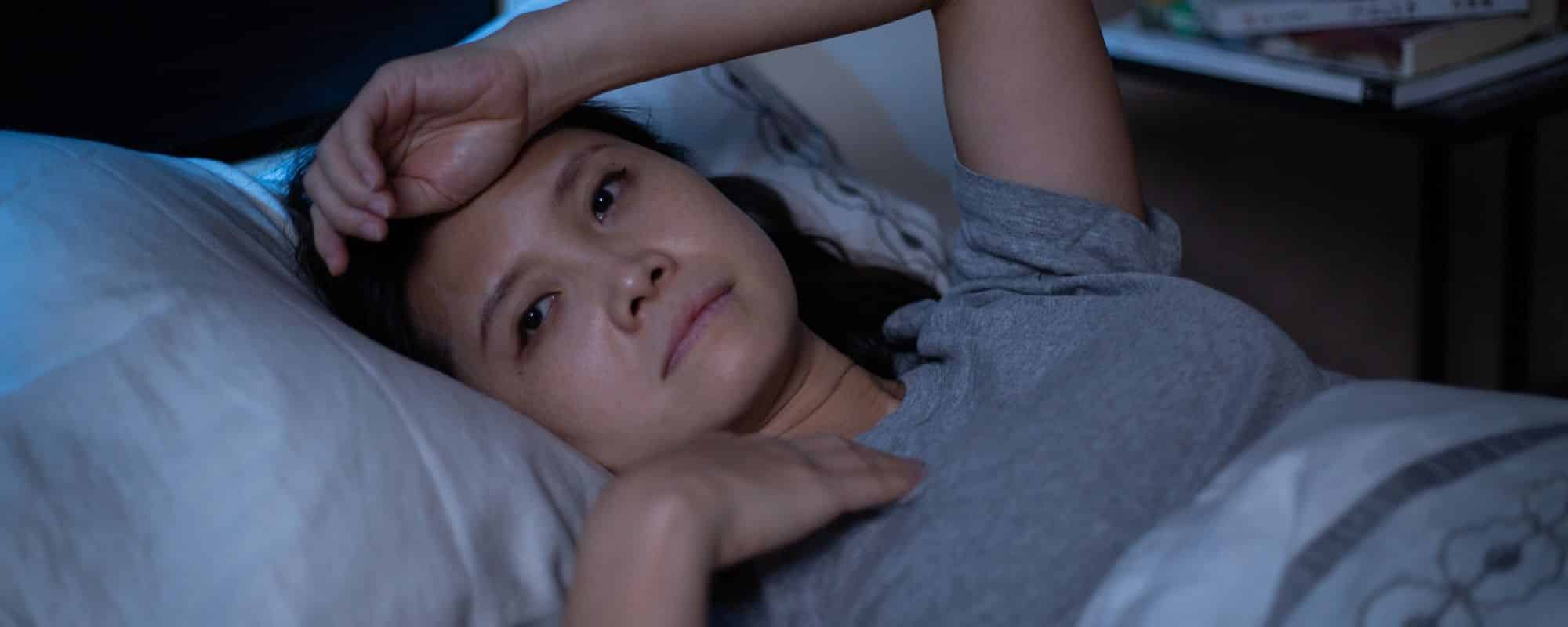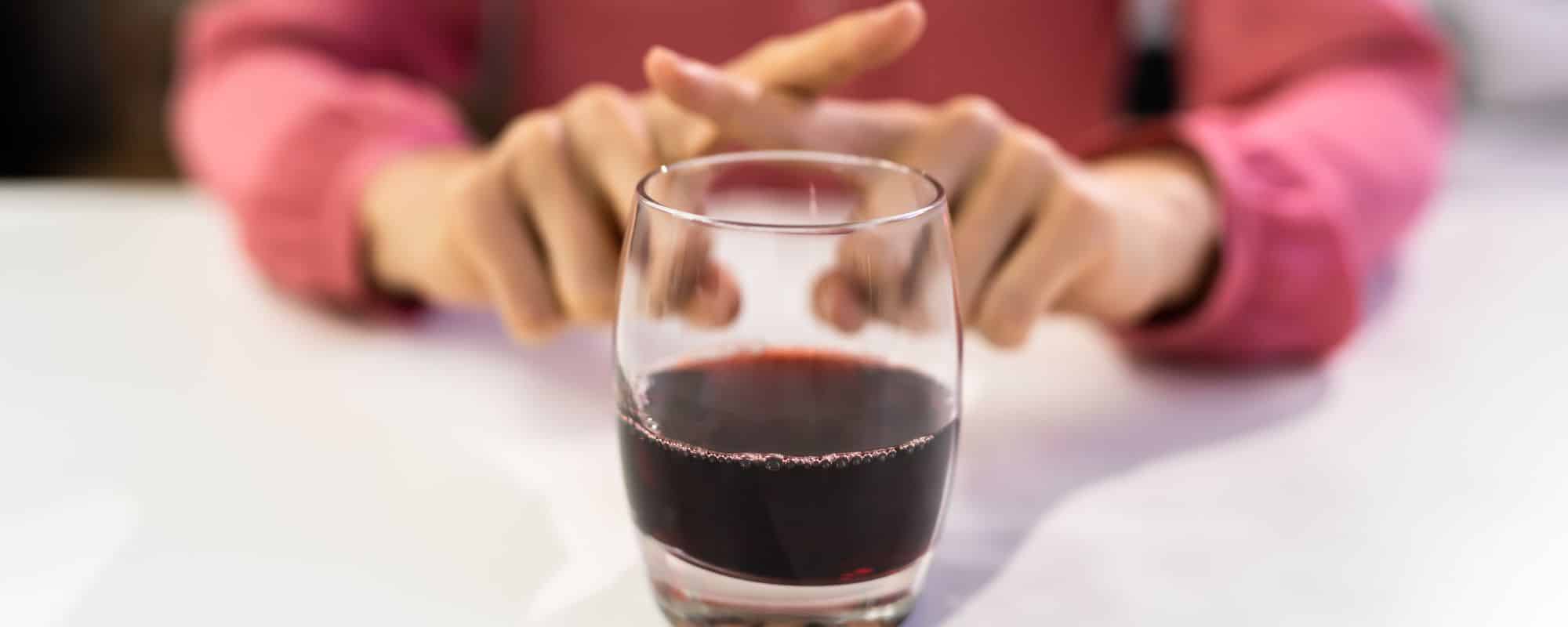What Is Lunesta?
Lunesta is a prescription sleep aid used to treat insomnia, a condition that makes it difficult to fall or stay asleep. Its active ingredient, eszopiclone, is classified as a sedative-hypnotic that works by calming the central nervous system. When taken as directed, Lunesta is intended to help restore healthy sleep patterns and improve overall rest.
However, like many sedatives and sleep medications, Lunesta carries a risk for Lunesta addiction, especially when misused. People struggling with sleep disorders can easily become dependent on the drug, while others may take it recreationally to escape stress and induce a state of calm. Over time, this misuse can lead to serious physical and mental health complications.
How Does Lunesta Work?
Lunesta works by enhancing the effects of gamma-aminobutyric acid (GABA), the brain’s primary inhibitory neurotransmitter. GABA naturally slows down brain activity, helping you relax and fall asleep. Eszopiclone increases GABA’s effects, making it easier for your mind and body to unwind.
While this mechanism is effective for those with diagnosed sleep disorders, excessive or recreational use can suppress the central nervous system too much, leading to dangerous consequences.
Is Lunesta Addictive?
Yes, Lunesta has the potential to be habit-forming, particularly when used outside of medical guidance. Even though it’s a prescription medication, misuse—such as taking higher doses, using it without a prescription, or relying on it to relax—can lead to tolerance, dependence, and addiction.
People may start taking Lunesta for sleep, but gradually become reliant on it to function. Over time, this can create a cycle of dependency that’s difficult to break without help.
What Are the Side Effects of Lunesta Misuse?
When used as prescribed and monitored by a healthcare provider, Lunesta is generally safe. But misuse, especially high doses or recreational use, can result in dangerous side effects, such as:
Headaches
Skin rashes
Low blood pressure
Slowed or irregular breathing
Excessive drowsiness
Sedation
Slurred speech
Impaired memory or cognition
Poor coordination
Dizziness
Hallucinations
Loss of consciousness
Coma
These symptoms are signs that your central nervous system is being overly suppressed, which can be life-threatening.
Self-Assessment: Am I Addicted?
"*" indicates required fields
Contact Us
Ready to Get Help? Get in Touch Today.
"*" indicates required fields
Tips for Getting the Most Out of Lunesta (Safely)
If you’ve been prescribed Lunesta, there are ways to maximize its effectiveness without increasing your dosage:
Follow your doctor’s instructions exactly.
Avoid taking Lunesta with heavy, high-fat meals, which can reduce its effectiveness.
Take Lunesta at least 7 hours before you plan to wake up, to allow for a full night’s rest.
Speak with your doctor if the medication seems less effective—never adjust your dose on your own.
Remember, taking more Lunesta than prescribed won’t improve your sleep, but it can increase your risk of addiction.
Getting Help for Sleeping Pill Addiction
If you’ve developed a dependency on Lunesta or other sleep medications, you’re not alone. Many people find themselves unintentionally addicted while trying to get the rest they need. The good news is, recovery is possible.
We offer supportive, evidence-based treatment for sleeping pill addiction, helping you safely detox and explore healthier, long-term solutions for better sleep. Reach out today to begin your journey to healing and rest—without relying on habit-forming medications.
Questions about treatment options?
Our admissions team is available 24/7 to listen to your story and help you get started with the next steps.
References
Vogue Recovery Editorial Staff
Latest posts by Vogue Recovery Editorial Staff (see all)
- Understanding Lunesta Side Effects - April 25, 2025
- Can Alcoholics Drink Again? Your Recovery Questions Answered - April 24, 2025














